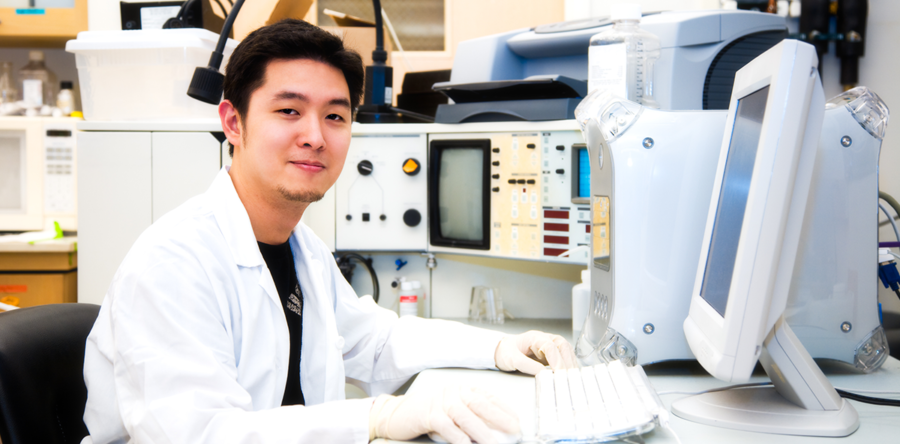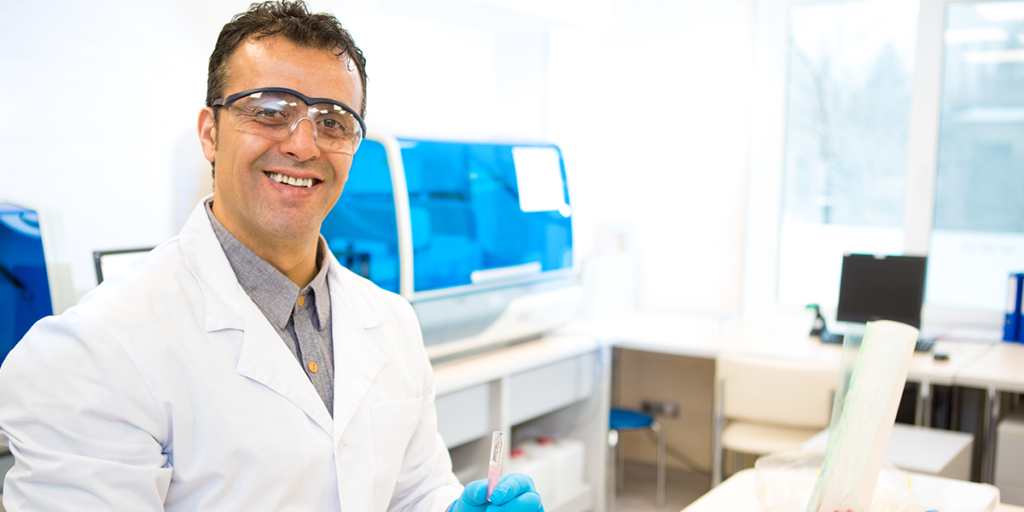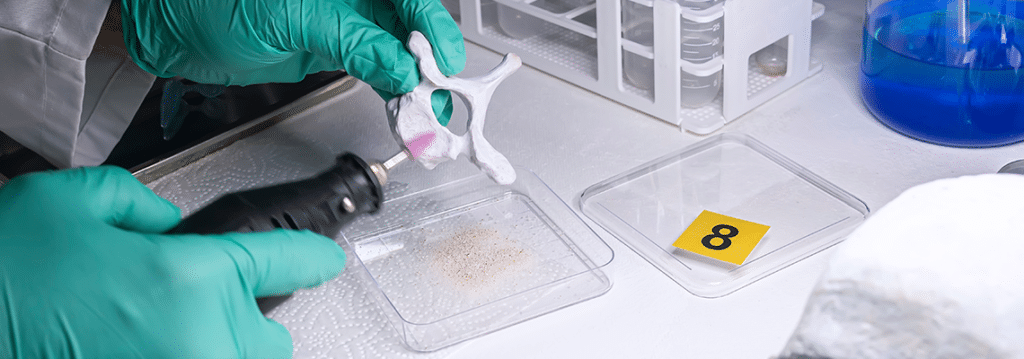
Put the fight against backlogs into the hands of local labs
October 27, 2020, Reading time: Less than a minute (134 words)
State by state, progress continues in eliminating the backlog of untested sexual assault kits. With each milestone, probative power is tapped. Processing these kits means brand new leads, justice for victims, and exoneration for the innocent. But some states are catching up by outsourcing this work to third-party laboratories. Unfortunately, that doesn’t solve the problem.
To prevent backlogs from recurring, we must empower the labs charged with the daily work of processing their own community’s kits. That means giving them technology that’s sensitive, fast, and less labor-intensive.
As we’ve written before, the technology used to process rape kits has remained largely unchanged since the 1980s. Victims and law enforcement deserve better.
In 2020, several state legislatures have taken action to ensure that all sexual assault kits are analyzed and accounted for. End the Backlog, a program of Mariska Hargitay’s Joyful Heart Foundation, says that the backlog stems from issues of policy and training, but also from resource constraints.

‘To prevent backlogs , we must empower labs to process their own community’s kits.’
“In addition to rape kit evidence, crime labs may receive DNA samples from hundreds, or even thousands, of crime scenes each year,” according to End the Backlog. “As a result, many labs have exceedingly long turnaround times—sometimes years—for testing DNA evidence, including rape kits.”
One major barrier to forensic laboratories quelling a backlog is their ability to accurately and efficiently obtain CODIS-eligible DNA profiles from male-female DNA mixtures.
“Laboratories should consider the volume of sexual assault cases and use business process improvement tools to review their input/output, identify where bottlenecks occur, and determine if a high-throughput approach to processing will achieve efficiencies,” says a National Institute of Justice 2017 report, National Best Practices for Sexual Assault Kits: A Multidisciplinary Approach. The report also recommends that labs consider robotics, automation, or both to achieve “the most efficient high-throughput approach.”
But labs shouldn’t sacrifice sensitivity for the sake of gains in speed or efficiency. The tools to solve the underlying cause of backlogs needs to have all three qualities.
Although every forensic laboratory in the country is permitted to establish their own protocols for DNA analysis of sexual assault kits, it is in their long-term interest to develop procedures that are more effective at generating CODIS-eligible data and to eliminate their reliance on DNA analysis outsourced to third-party forensic laboratories. Thus, by maintaining laboratory protocols that can separate mixed victim and perpetrator specimens in a manner that is both high-throughput and high-sensitivity, laboratories would have the potential to maximize the prosecutorial power of sexual assault kit evidence and overcome tremendous backlogs with ease.

‘It’s in labs’ interest to eliminate their reliance on DNA analysis outsourced to third parties.’
That’s why InnoGenomics’ SpermX differential extraction system has the ability to be one of the most powerful tools in combatting America’s sexual assault kit backlog. By utilizing an advanced matrix material, SpermX has been demonstrated to be incredibly effective at separating epithelial and spermatic genetic material without sacrificing sensitivity in downstream processing.
The SpermX protocol has also been adapted to ensure contamination risks and technician labor are limited. The new protocol permits swabs to remain in the SpermX device all the way through the final digestion, which ultimately eliminates the labor and contamination risk associated with manipulating specimens during the extraction process.
This development, in tandem with the kit’s ability to be integrated with extraction automation instruments such as the Hamilton AutoLys STAR, proves that the SpermX kit can ultimately reduce the labor strain and contamination risks of backlog elimination.
“By optimizing and perfecting SpermX’s technology and methodology, we are spurring what can be the elimination of sexual assault kit backlogs forever,” said Sinha. “Our product is going to change the way forensic laboratories aid in sexual assault investigations.”
To be notified about InnoGenomics’ upcoming validation publications, subscribe to the newsletter.
To be notified about InnoGenomics’ upcoming validation publications

